Stamped Concrete Service Benefits
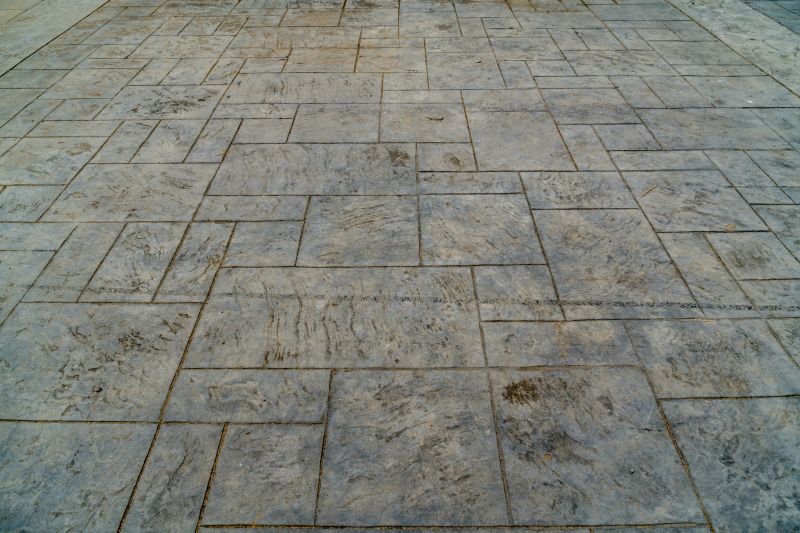
Spring offers moderate temperatures ideal for stamped concrete application and curing.
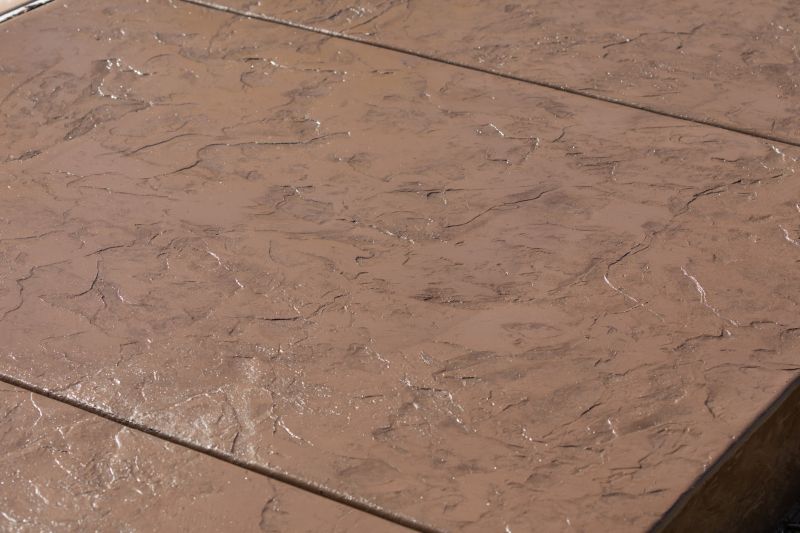
Summer provides warm weather, but high temperatures can affect curing times and finish quality.
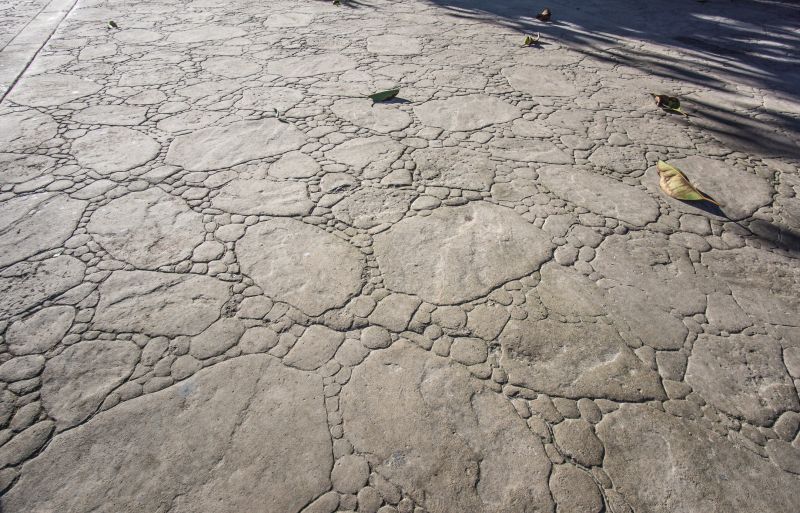
Fall's cooler temperatures and lower humidity levels make it suitable for stamped concrete projects.
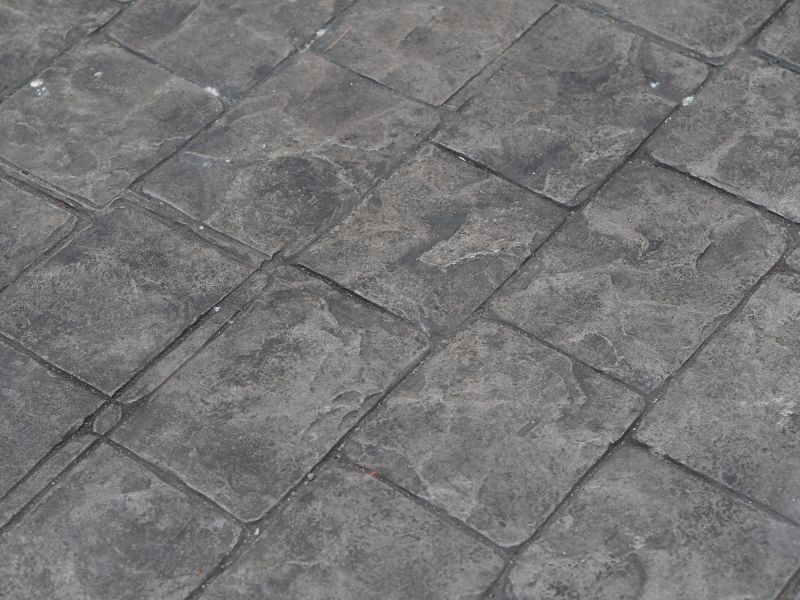
Ways to make Stamped Concrete Service work in tight or awkward layouts.
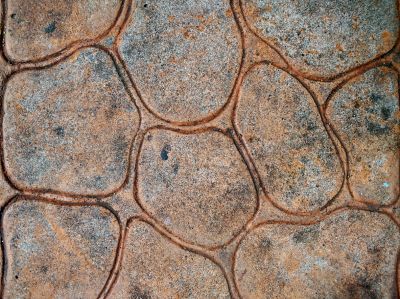
Popular materials for Stamped Concrete Service and why they hold up over time.
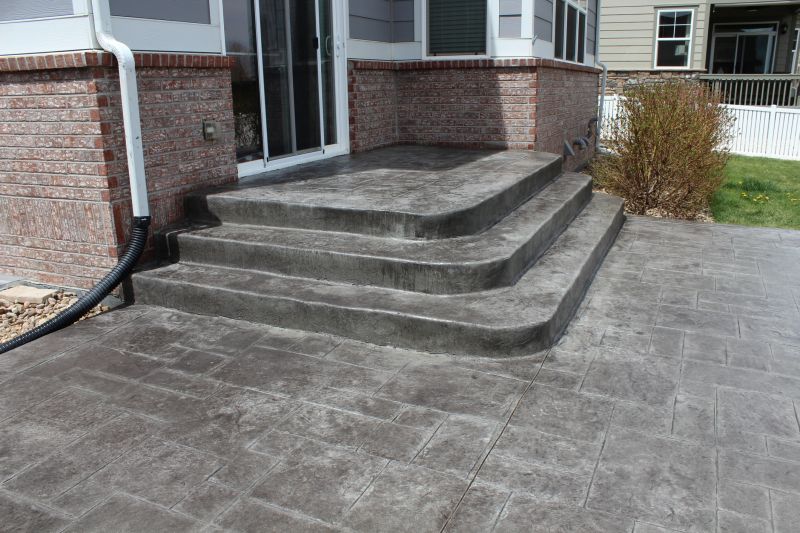
Simple add-ons that improve Stamped Concrete Service without blowing the budget.
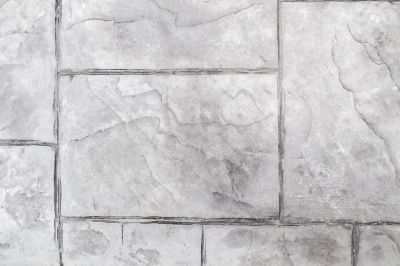
High-end options that actually feel worth it for Stamped Concrete Service.
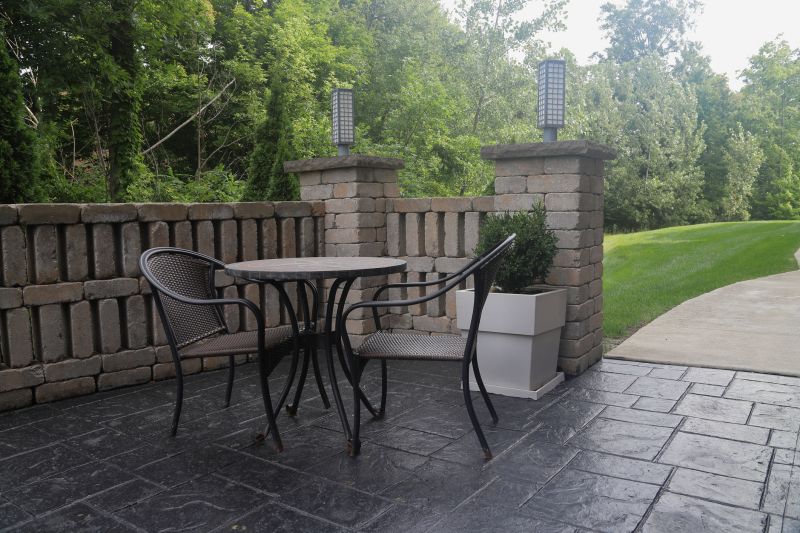
Finishes and colors that play nicely with Stamped Concrete Service.
Stamped concrete service involves the process of creating decorative patterns and textures on concrete surfaces. It enhances the aesthetic appeal of driveways, patios, and walkways. The durability of stamped concrete makes it a popular choice for outdoor surfaces, with proper installation and maintenance extending its lifespan. The process typically includes pouring concrete, applying stamps, and sealing to protect the surface.
Ideal temperatures for stamped concrete are between 50°F and 80°F, ensuring proper curing and finish.
Avoid installation during heavy rain, extreme heat, or freezing conditions to prevent surface defects.
Spring and fall provide the most stable conditions for stamped concrete projects.
Consistent weather patterns contribute to better adhesion and curing of stamped concrete.
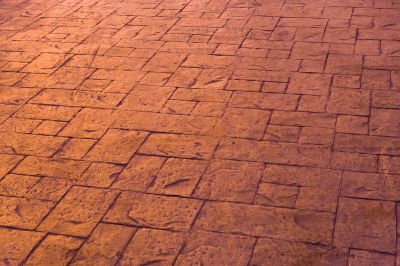
A decorative pattern applied to enhance visual appeal.
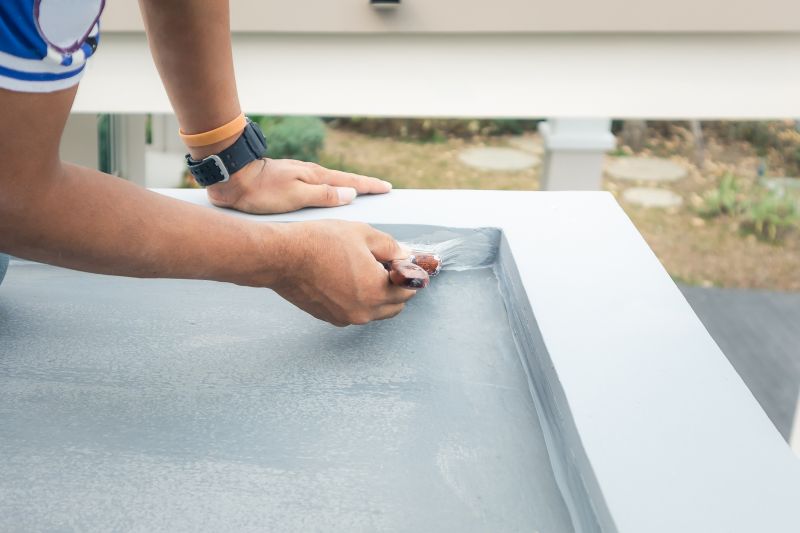
A protective sealant applied after stamping to preserve the design.
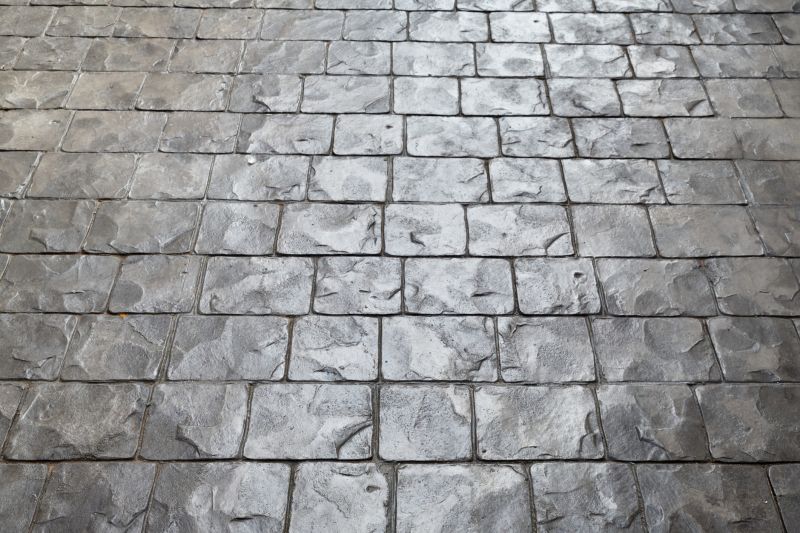
A durable and decorative driveway surface.
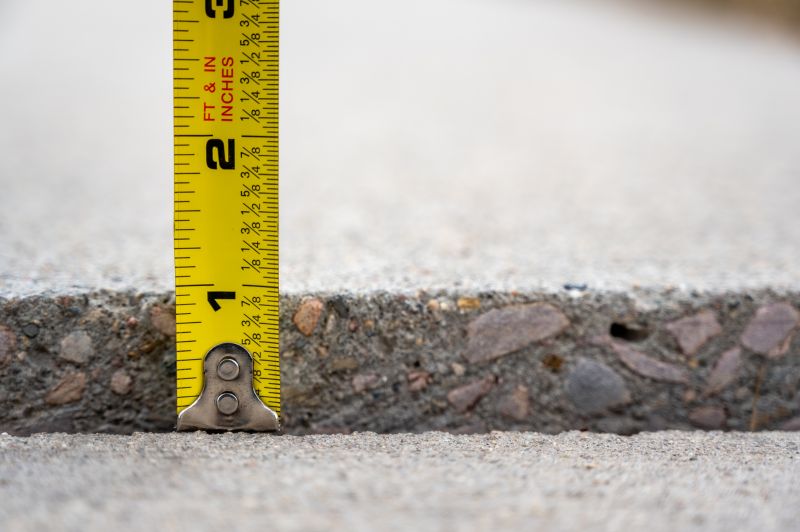
Little measurements that prevent headaches on Stamped Concrete Service day.
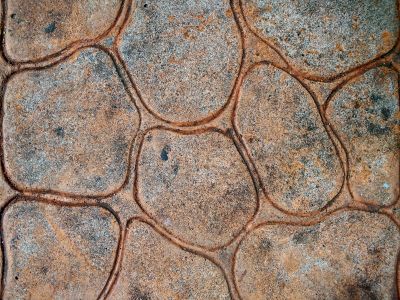
A 60-second routine that keeps Stamped Concrete Service looking new.
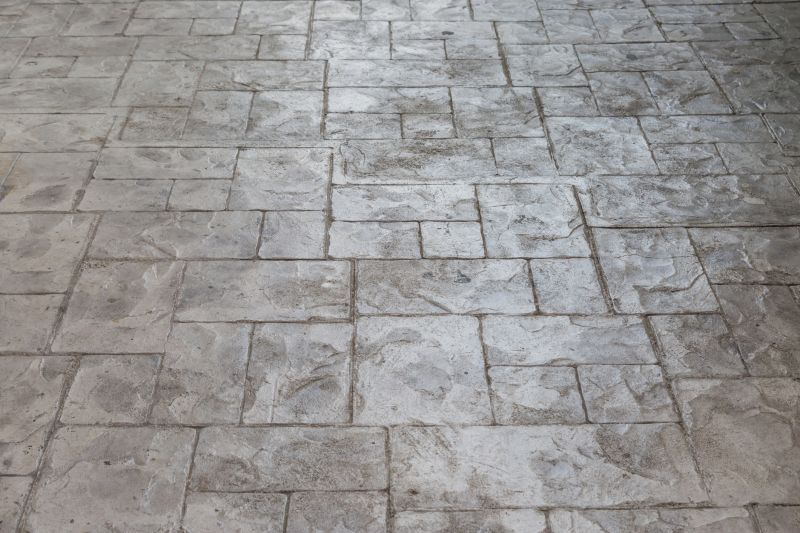
A frequent mistake in Stamped Concrete Service and how to dodge it.
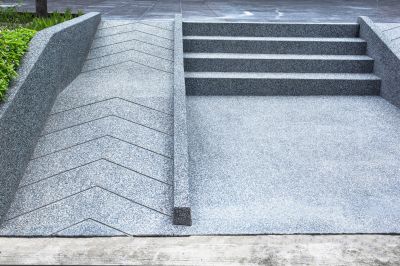
Small tweaks to make Stamped Concrete Service safer and easier to use.
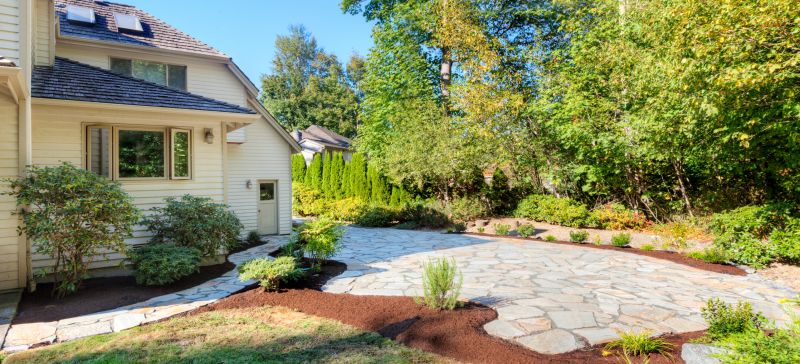
Lower-waste or water-saving choices for Stamped Concrete Service.
| Season | Recommended Conditions |
|---|---|
| Spring | Moderate temperatures, low humidity, minimal rain |
| Summer | Warm weather, avoid peak heat hours, ensure shade |
| Fall | Cooler temperatures, low humidity, stable weather |
| Winter | Not recommended in freezing conditions, unless climate-controlled |
| Ideal Period | Spring and fall with mild, stable weather |
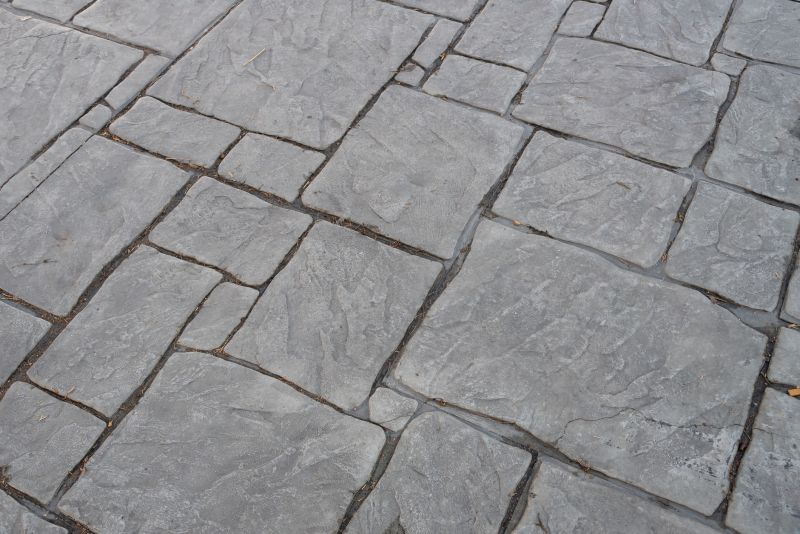
Stamped concrete with intricate pattern design.
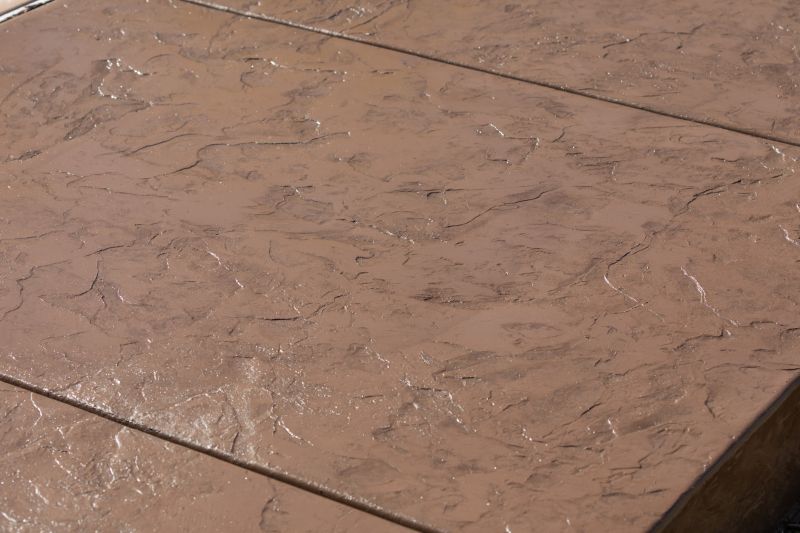
Enhanced with integral or overlay coloring.
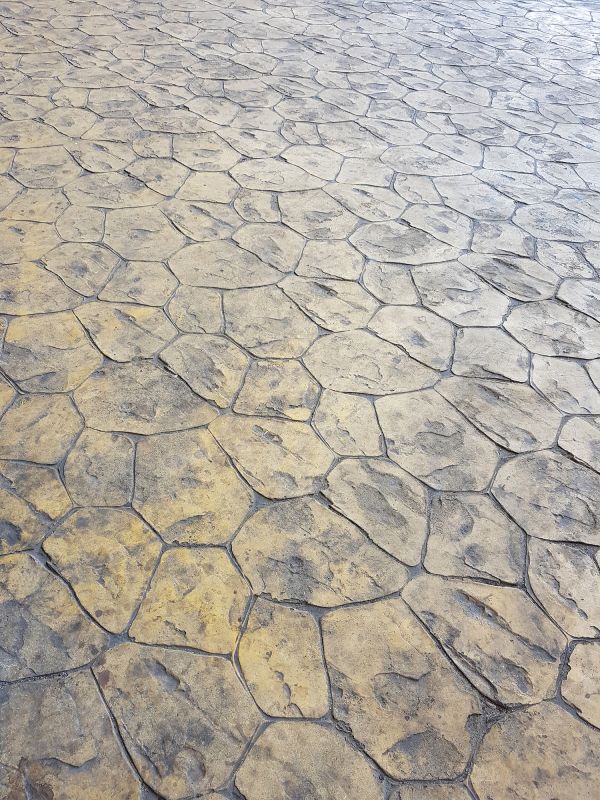
Surface treated for longevity and appearance.
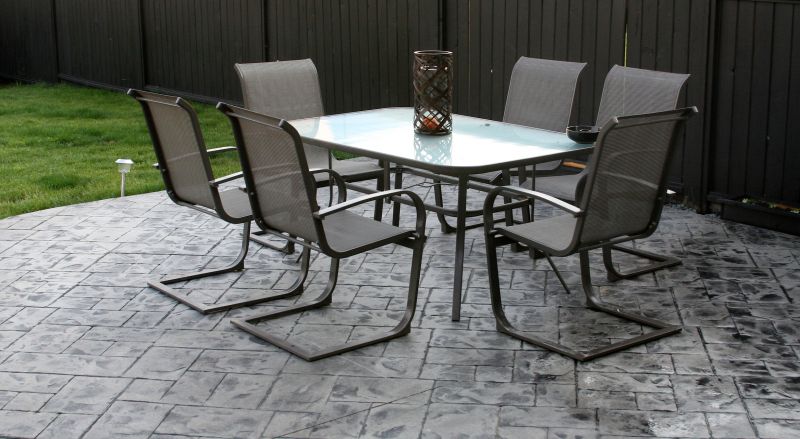
A stylish and durable outdoor living space.
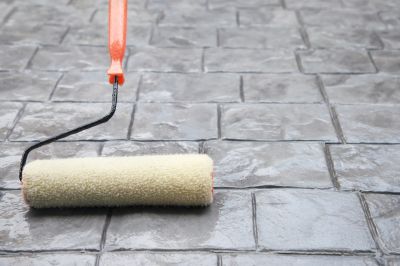
The short, realistic tool list for quality Stamped Concrete Service.
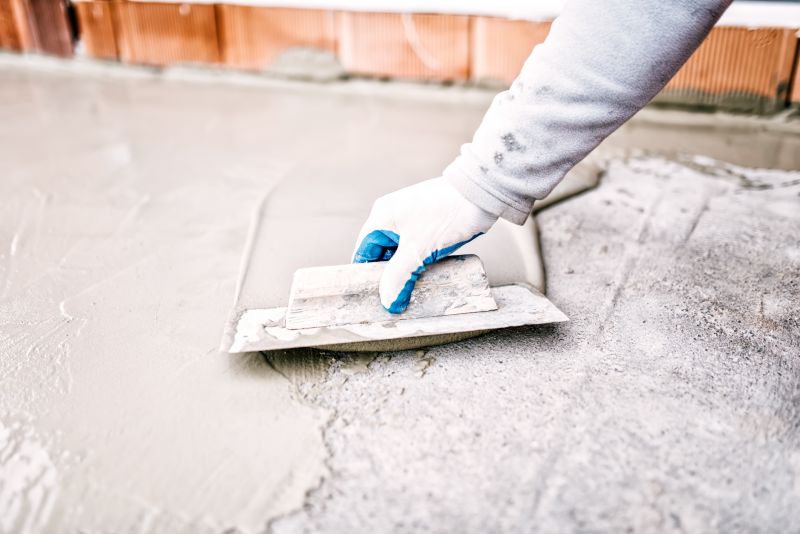
Rough timing from prep to clean-up for Stamped Concrete Service.
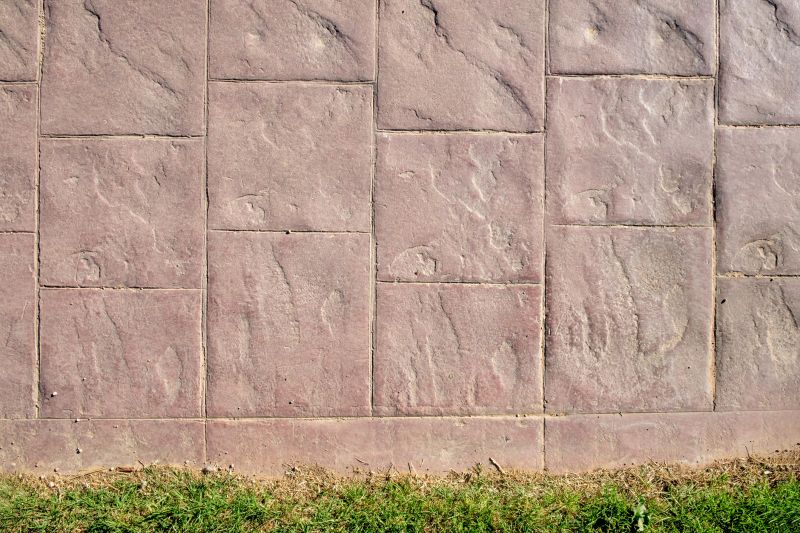
Quick checks and paperwork to keep after Stamped Concrete Service.
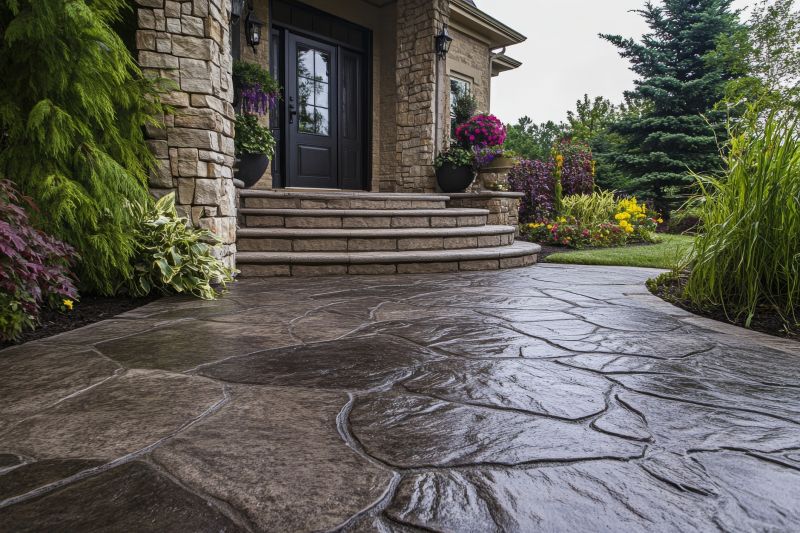
Examples that show the impact a good Stamped Concrete Service can make.
Proper scheduling for stamped concrete service can significantly impact the final outcome. Contractors prefer to work during seasons with predictable weather to avoid issues such as cracking, uneven curing, or color inconsistencies. It is advisable to plan projects in early spring or late fall when temperatures are within the optimal range and weather conditions are stable.
Interested in stamped concrete service? Filling out the contact form can provide more details on scheduling and project planning to achieve the best results in Davis, CA.
